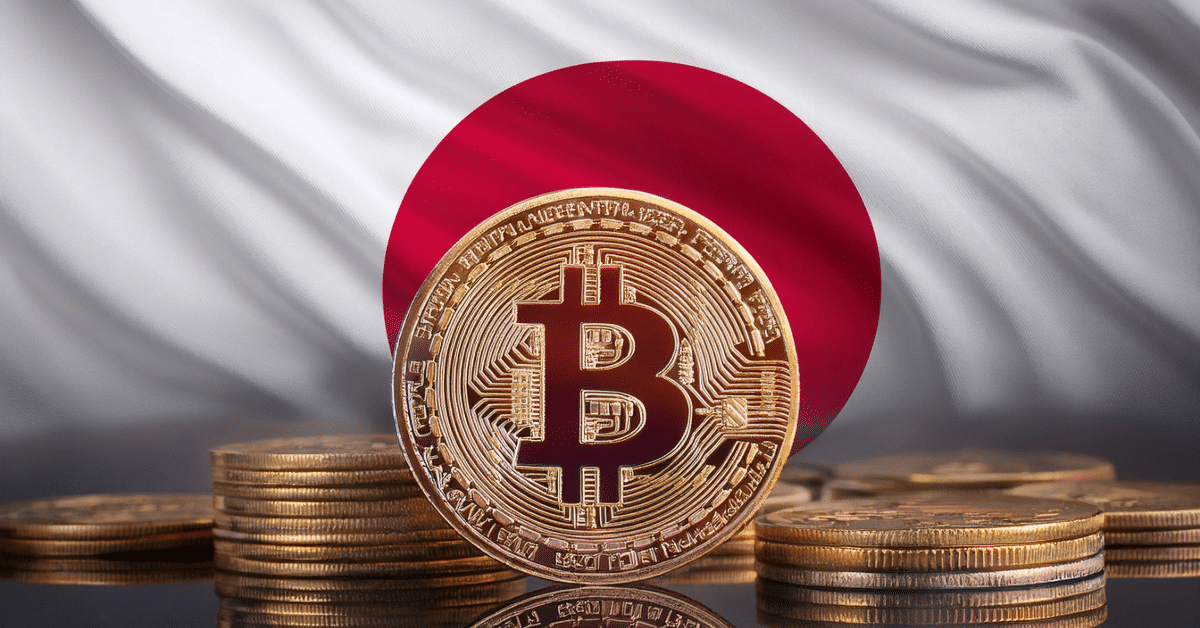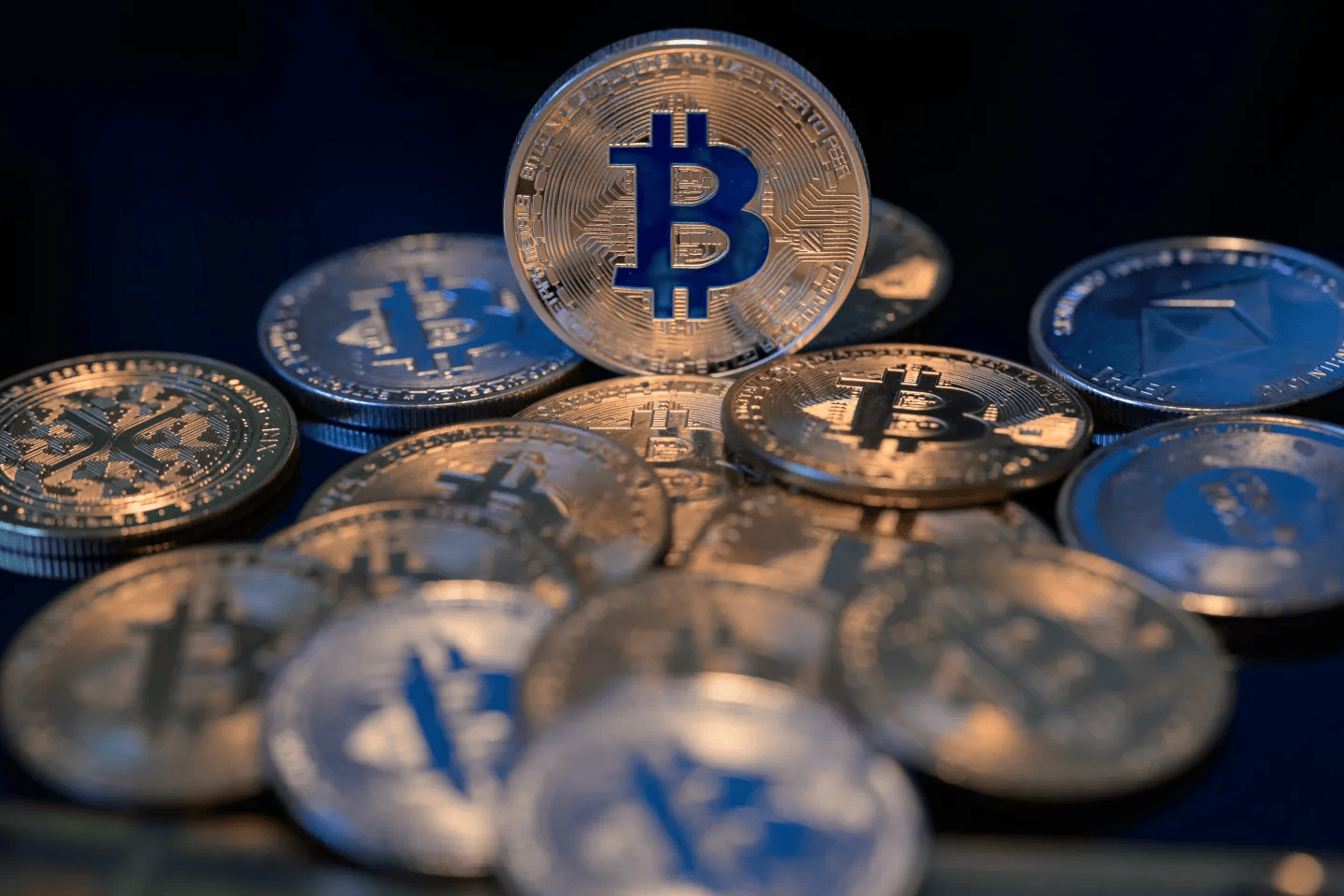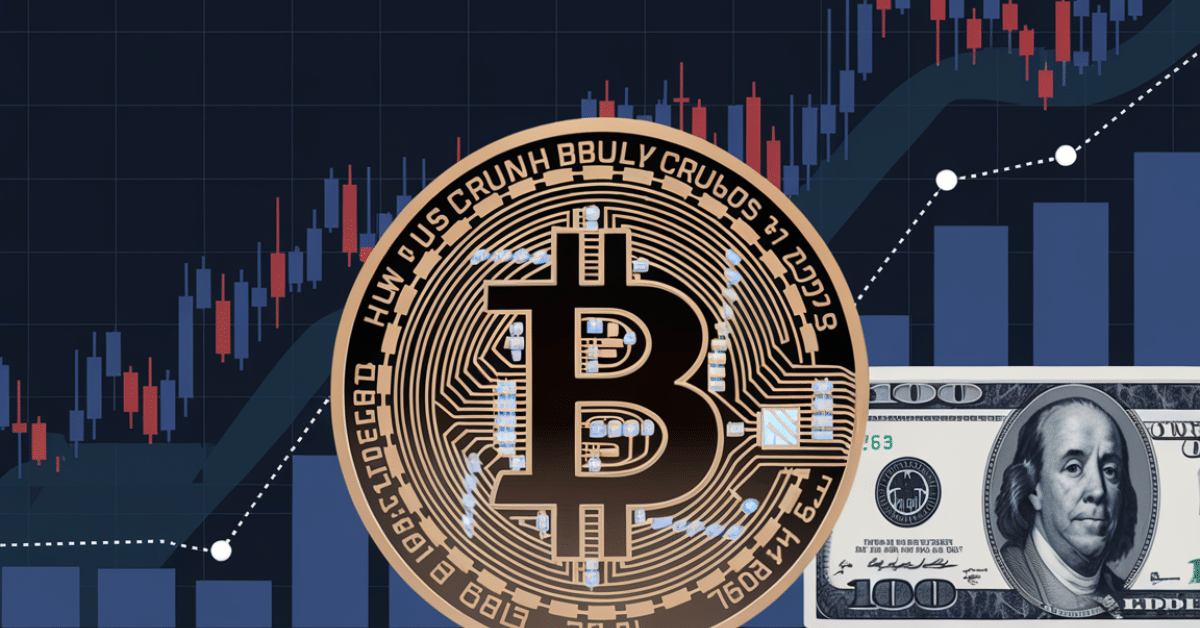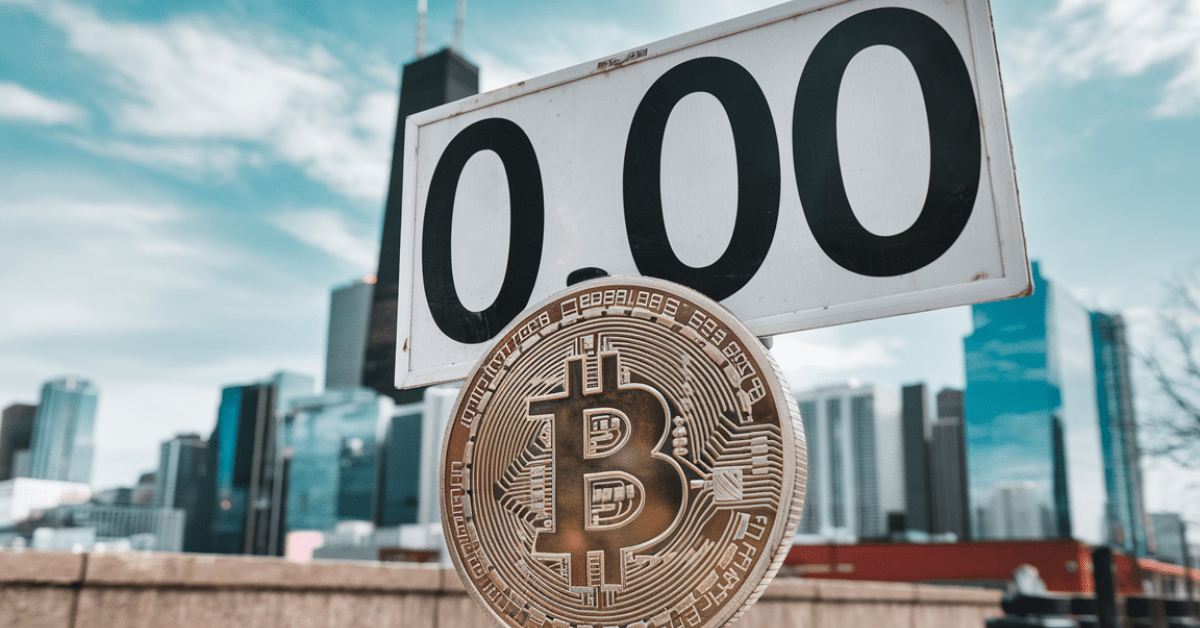Key Takeaways
- Choose a trusted, FSA-compliant exchange, complete KYC verification, and use options like bank transfers or convenience store payments to buy cryptocurrency in Japan securely.
- Selling cryptocurrency involves using the same platform, converting to JPY or another asset, and considering transaction and withdrawal fees for profitability.
- Stay informed on Japan’s crypto regulations, taxation rules, and secure storage practices; engage with the local crypto community to enhance market knowledge.
Buying and selling cryptocurrency in Japan is governed by a well-defined procedure that is in accordance with the local rules, exchange procedures, and safety precautions involved. Here’s a detailed guide with all aspects of crypto trading that you need to know:
Buying Cryptocurrencies in Japan
Choosing The Appropriate Crypto Exchange
It is important to choose a Japanese exchange that is both trustworthy and compliant. The following are notable exchanges:
- Binance: Known for its wide cryptocurrency offers and features, such as trading education and an easy-to-use interface, Binance Japan is a global cryptocurrency exchange. It enables direct deposits in Japanese yen and has fees that are competitive, starting from 0.1%.
- BYDFi is well-known for providing zero-fee spot trading on a selection of cryptocurrencies, which makes it appealing to all traders, including novice buyers and sellers.
- Bitfinex platform is ideally suited for experienced traders because it provides high liquidity, margin trading, and a variety of available cryptocurrency options for trading.
- bitFlyer is an exchange that provides customers with a streamlined experience and enables them to acquire cryptocurrencies directly with Japanese yen through a variety of payment methods, including credit cards, bank transfers, and payments made at convenience stores.
Create An Account
After choosing an exchange, you have to create an account for yourself. In most cases, this necessitates:
- Providing your personal information, including your name, email address, and other contact information.
- To ensure compliance with the laws set forth by Japan’s Financial Services Agency (FSA), it is necessary to finish the Know Your Customer (KYC) verification process. Typically, this requires the submission of a government-issued identification card as well as confirmation of domicile. Because of the severe anti-money laundering rules, it is required that full identification verification be performed.
Deposit Funds
After your account has been validated, you will be able to deposit funds into it. Among the most common deposit methods are:
- Bank Transfer: Transfers can be made through JPY accounts at banks like Sumitomo Mitsui Banking Corporation or SBI Sumishin Net Bank.
- Convenience Stores: FamilyMart and Lawson are examples of convenience stores that permit customers to make deposits in person.
- Card Payments: Many exchanges accept credit/debit card payments, which makes it convenient for customers to make fast purchases.
Complete Your Purchase
Once the account has been funded, proceed to the trading section to purchase cryptocurrency. It would be good to:
- Using the tools that are available on the exchange, do an analysis of the pricing trends and market circumstances.
- Instead of placing market orders, which might be more volatile, you might want to think about making limit orders in order to get better prices.
How To Sell Cryptocurrencies In Japan?
Often, the easiest way to sell cryptocurrency is through the same platform where it was purchased. The selling process mirrors the buying process:
- Click on the cryptocurrency that you want to sell, and then decide whether you want to trade it in for Japanese yen or another cryptocurrency.
- Enter the amount to sell and execute the trade.
- When you have finished selling, you will be able to transfer the Japanese yen to the bank account linked to your exchange account. The processing time for withdrawals is normally between one and two business days, but this can vary depending on the exchange.
- Transaction Fees: Be aware of transaction and withdrawal fees, which vary by exchange and can impact profitability, especially for frequent traders. Trading platforms such as Binance provide users who own Binance Coin (BNB) with reduced transaction fees.
Guidelines For Choosing A Crypto Exchange
- Security: Search for exchanges that offer solid security measures such as two-factor authentication, cold storage of assets, and regular audits. These are the types of security features that you should look for.
- Customer Support: When it comes to customer care, having a support crew that is responsive and speaks Japanese can be of great assistance in quickly addressing issues, especially for novices who might require guidance in understanding the platform.
- User Experience: If you want to make transactions quickly and easily, you should select an exchange that has a simple and straightforward app interface.
Regulations And Taxes For Buying And Selling Of Cryptocurrency In Japan
Japan has a comprehensive regulatory framework governing cryptocurrency transactions, driven by the Payment Services Act (PSA). It includes the following provisions:
Tax Classification
According to the classification system, profits from cryptocurrency are considered “miscellaneous income,” which means that they are subject to progressive tax rates that range from 5% to a maximum of 55%, depending on the overall amount of income you have. On your tax return, you are required to record any income that exceeds 200,000 yen; income that falls below this threshold may be excused from taxation.
Tax Filing
The deadline for filing tax returns on earnings from cryptocurrency is the 15th of March of the following year. With zero consumption tax on cryptocurrency transactions, the regulatory climate in Japan is particularly favorable for dealers.
Documentation
It is of the utmost importance to keep comprehensive records of all transactions, which should include the sums that were bought and sold as well as any costs that were incurred. This will simplify the tax filing process and ensure compliance with local laws.
How To Safely Store Your Cryptocurrency In Japan
When it comes to long-term storage, it is advisable to make use of hardware wallets because they offer a higher level of protection against security breaches.
Hot wallets are a useful tool for conducting transactions on a daily basis. However, in order to increase the level of security, make sure that they are supported by two-factor authentication.
Best practices include keeping your wallet software up to date on a regular basis and being wary of phishing efforts that can be made through emails or URLs that appear to be suspicious.
Conclusion
To comprehend the cryptocurrency landscape in Japan, you’re required to have a good grasp of the local market, including regulations, taxation, and best practices for security. By using reliable exchanges, keeping abreast of compliance regulations, and possibly participating in the community of local cryptocurrency users are all ways to ensure good trading decisions.























